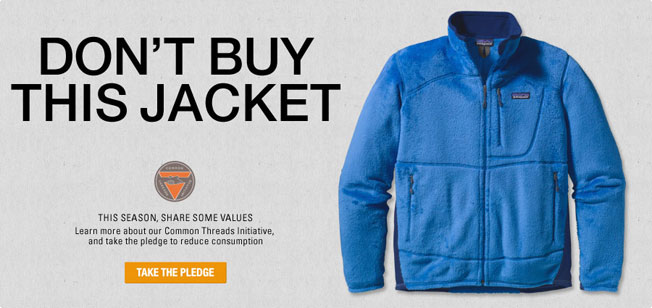
In an article by the Huffington Post, “sustainable seafood” has become a common industry buzzword. Words such as “sustainably harvested” are often ambiguous and leave consumers wondering, “What does this mean?” The term “sustainable seafood” may refer to the avoidance of fishing in depleted waters, the practice of sustainable catching or the abiding of government regulations. However, the HuffPost argues that the seafood industry’s lack of regulation is a problem.
“There is no one unifying standard across the industry to define what sustainable seafood is.”
According to HuffPost, more than 80% of consumers surveyed responded that sustainable seafood was an “Important Issue”. However, more often than not, businesses such as WholeFoods combine several sustainable standards into one that fits with organizational values. In such a case, is sustainable seafood truly green or a “defensive green” strategy that is used as a reactionary measure to consumer concern?
By implementing John Grant’s Green Marketing Grid, we may be able to understand how the lack of sustainable seafood regulation coincides with businesses’ Green marketing objectives [as opposed to Greener or Greenest]. The use of Eco-labels, for example, is a popular way to certify seafood as sustainable and is often used by organizations with Green marketing objectives. However, Eco-labels such as certification by the Marine Stewardship Council have been heavily criticized for fallible standards. In a report by the Marine Policy, 31% of MSC-certified stocks were overfished and subject to continuing overfishing. Has sustainable seafood become a greenwashing tactic? At present, it seems that the lack of unified, and regulated third party certification may make it so.

